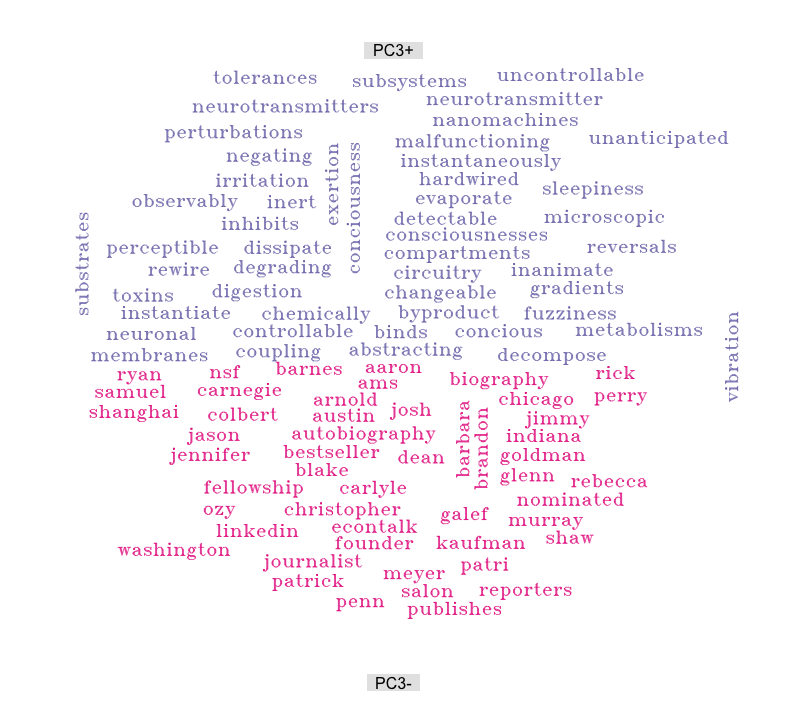In December 2015, Robert Cordwell and I cofounded Signal Data Science (website), which we announced on Less Wrong.
Our first cohort has just concluded, and overall went very well. We're planning another one in Berkeley from May 2nd – June 24th. The program is a good fit for people who are both excited to learn how to extract insights from data sets and looking to prepare for industry data science jobs. If you're interested attending the next cohort, we would love to hear from you. You can apply here, or contact us at signaldatascience@gmail.com.
We offer inquiry-based learning and an unusually intellectually curious peer group. Unlike typical college classes, Signal Data Science focuses on learning by doing. You’ll learn from a combination of lectures, short knowledge-reinforcement problems, and longer, more open-ended assignments focusing on analyzing real datasets. (That’s your chance to discover something new!) Don’t worry if that sounds daunting: our instructors will be there to support you every step of the way.
You’ll learn both the theory and the application of a wide array of data science techniques. We offer a pair programming-focused curriculum, allowing students to learn from each other’s strengths. We cover everything from basic linear regression to advanced, industry-relevant methods like support vector machines and dimensionality reduction. You’ll do an advanced, self-directed project at the end of the course. Curious? Check out our showcase of past students’ final projects. Whatever your interests are—from doing something with real-world, industry-relevant applicability to applying cutting-edge neural nets—we’ll work with you to find a project to match your interests and help you showcase it to prospective employers.
Less Wrong readers might be especially interested by Olivia Schaefer's project, which describes results of doing some natural language processing on the Less Wrong comment corpus, explaining how the words pictured in different colors below are at opposite ends of an axis.

I've already had versions of this conversation with Robert and Jonah in person, but I'll reiterate a few things I shared with them here, since you asked politely. Also, this conversation is becoming aversive to me, so it will become increasingly difficult for me to respond to your comments as we get farther and farther down this comment chain.
There were actually multiple times during the first couple weeks when I (or my partner and I) would spend 4+ hours trying to fix one particular line of code, and Jonah would give big-picture answers about e.g. how linear regression worked in theory, when what I'd asked for were specific suggestions on how to fix that line of code. This led me to giving up on asking Jonah for help after long enough.
Intermediate and advanced SQL, practice of certain social skills (e.g. handshakes, being interested in your interviewer, and other interview-relevant social skills), and possibly nonlinear models.
For context, what was your programming ability before you started the course? It seems strange to spend 4 hours getting (one line of) linear regression to work, but it also seems strange for an instructor to give a vague answer to something so basic, unless he was using the "Socratic Method"?